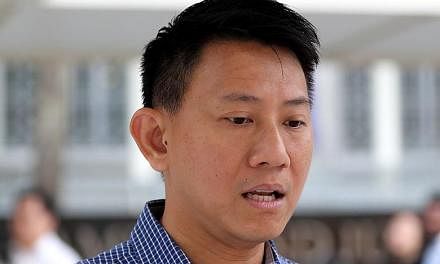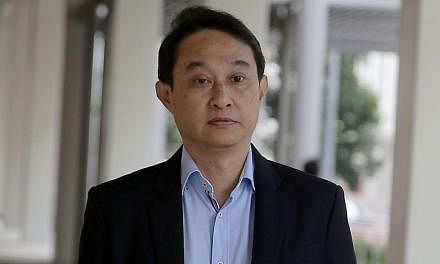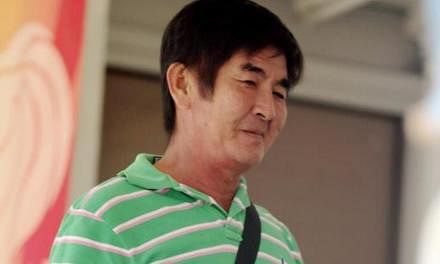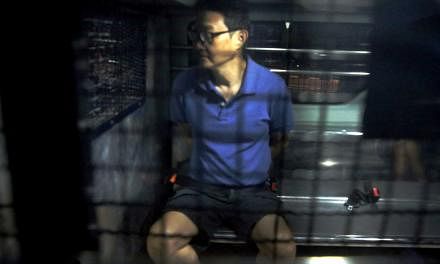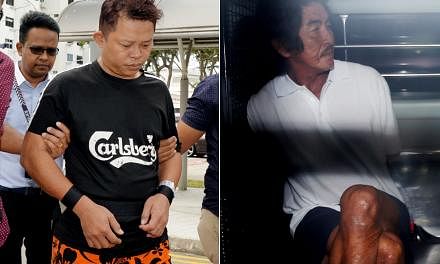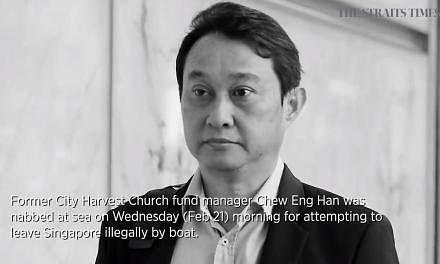SINGAPORE - A key aspect of the verdict in the City Harvest Church case could have wider ramifications for future criminal breach of trust (CBT) cases, said lawyers.
CHC founder Kong Hee and five other church leaders had their sentences reduced because - while they were found guilty of criminal breach of trust (CBT) - they were cleared of the more serious charge of committing CBT as "agents".
In reaching this conclusion, the High Court broke away from a legal position that has prevailed in Singapore for the past 40 years. Till now, directors who misappropriate the property of the company which they are entrusted with are liable for the more serious offence of CBT as agents, under section 409 of the Penal Code.
Being a director of a company or society does not render a person to be "in the business of an agent", said Judge of Appeal Chao Hick Tin.
This has significant ramifications. "It will impact the way company directors who commit criminal breach of trust of company funds are charged in future," said Mr Lee Teck Leng, a former district judge and prosecutor who has practised criminal law for more than 20 years.
Compared to plain CBT under section 406, aggravated CBT "as agents" under section 409 carries heavier punishments; the maximum imprisonment term is more than double that of offences for plain CBT.
This has been the existing legal position since a High Court ruling in the 1970s.
In the City Harvest case, six church leaders including Kong were charged - and initially convicted - under section 409 for engaging in a conspiracy to commit CBT by an agent.
Section 409 makes it an offence for a person who misappropriates property that is entrusted in him "in the way of his business as a banker, a merchant, a factor, a broker, an attorney or an agent".
But on Friday, two judges out of a three-judge High Court panel ruled that directors such as the CHC leaders cannot be considered "agents" under section 409.
The majority interpreted the provision to mean that in order to be found guilty under section 409, the accused must be "in the business of an agent" at the time the property is entrusted to him.
Justice Chao said the provision applies only to a "professional agent" who offers his services as an agent or makes his living as an agent.
"While a director undoubtedly holds an important position in a company or organisation, it cannot be said that a person by becoming a director has offered his services as an agent to the community at large or that he makes his living as an agent," he said.
In addition, the relationship between a director, who is entrusted with the property, and the company, which is the one entrusting the property, is an internal one.
This stands in stark contrast, he said, to the external nature of the relationship that "a banker, a merchant, a factor, a broker (or) an attorney" shares with his customer who entrusts the property with him.
The second judge on the panel, Justice Woo Bih Li, agrees with him. The third, Justice Chan Seng Onn, disagrees.
Justice Chao stressed that the judge who convicted the CHC leaders was not wrong. This is because, as a lower court, he was legally bound by the 1970s High Court case of Tay Choo Wah.
"As we are exercising the jurisdiction of the High Court, we - unlike the judge - are not bound by Tay Choo Wah," he said.
Commenting on the judgment, Mr Shashi Nathan, a partner at Whithers KhattarWong, said: "There will be rethink on how to prosecute accused persons in the future."
"For defence lawyers, it is very interesting. There will be a seismic shift in how we pitch our cases."
But lawyers say this may not be the end of the saga.
Mr Lee, of Lee Chambers LLC, said that as there are now two conflicting High Court decisions, the matter could go up to the Court of Appeal by way of a criminal reference on a question of law of public interest.
Mr Tan Hee Joek, of Tan See Swan & Co, noted that, unlike other parties, the Public Prosecutor does not need to get the court's permission to refer a question of law of public interest to the Court of Appeal.
Mr Nathan said prosecutors will probably need time to "digest the findings".
He added: "If you ask me, it is a question of law and it is certainly a matter of public interest."



